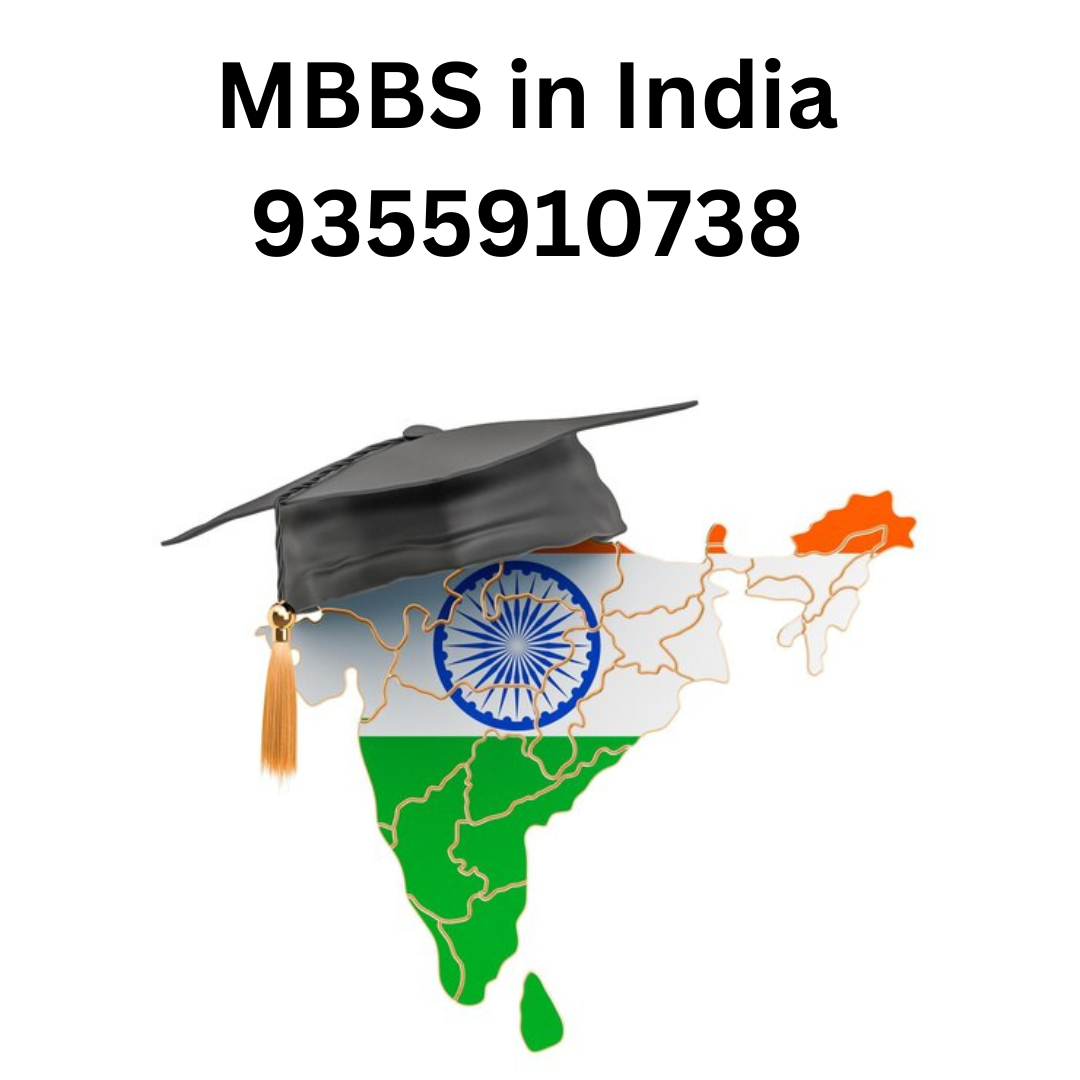MBBS in India

MBBS in India: A Comprehensive Guide
MBBS in India is one of the most sought-after undergraduate medical programs globally, attracting millions of aspiring doctors every year. Known for its rigorous academic curriculum, hands-on clinical exposure, and affordable fee structures, pursuing an MBBS degree in India offers a gateway to a fulfilling career in medicine. Let’s explore all aspects of studying MBBS in India, including its admission process, curriculum, and career opportunities.
Why Pursue MBBS in India?
- Globally Recognized Degree: Indian medical degrees are recognized by global medical councils, including the World Health Organization (WHO), making graduates eligible to practice in India and abroad.
- Diverse Clinical Exposure: Medical colleges in India offer access to a diverse patient population, enabling students to gain practical experience in diagnosing and treating various diseases.
- Cost-Effective Education: Compared to many other countries, the cost of pursuing MBBS in India is relatively affordable, especially in government institutions.
- High-Quality Education: India is home to renowned medical institutions such as the All India Institute of Medical Sciences (AIIMS) and Christian Medical College (CMC), which provide exceptional education and research opportunities.
Eligibility Criteria for MBBS in India
To secure admission for MBBS in India, students must meet the following criteria:
- Academic Requirements: Candidates should have completed 10+2 with Physics, Chemistry, and Biology as core subjects, securing at least 50% marks in aggregate (40% for reserved categories).
- Age Limit: The minimum age is 17 years, and there is no upper age limit as per the latest guidelines.
- NEET Qualification: The National Eligibility cum Entrance Test (NEET) is mandatory for MBBS admissions in India. Students must score above the specified cutoff to qualify.
Admission Process for MBBS in India
The MBBS admission process in India is centralized and transparent, ensuring merit-based selection. Here’s an overview:
- NEET Examination: Aspiring students must appear for NEET, a national-level entrance exam. The NEET score determines eligibility and ranking for medical colleges.
- Counseling: Admission counseling is conducted at national, state, and institutional levels. Students are allotted colleges based on their rank, preferences, and available seats.
- Document Verification: Candidates must provide required documents, such as mark sheets, NEET scorecards, and identity proofs, during the admission process.
MBBS Curriculum in India
The MBBS program in India spans 5.5 years, including a one-year mandatory internship. The curriculum is designed to provide a comprehensive understanding of medical science.
- Pre-Clinical Phase (1-2 years): Subjects include Anatomy, Physiology, and Biochemistry.
- Para-Clinical Phase (2-3 years): Subjects include Pharmacology, Pathology, Microbiology, and Forensic Medicine.
- Clinical Phase (3-5 years): Clinical exposure in Medicine, Surgery, Pediatrics, Obstetrics, Gynecology, and more.
- Internship: A 12-month internship offers hands-on experience in various medical departments.
Top MBBS Colleges in India
- AIIMS (All India Institute of Medical Sciences), New Delhi
- Christian Medical College (CMC), Vellore
- Maulana Azad Medical College (MAMC), New Delhi
- King George’s Medical University (KGMU), Lucknow
- Grant Medical College, Mumbai
Fee Structure for MBBS in India
- Government Colleges: Fees range from ₹20,000 to ₹1,00,000 per year.
- Private Colleges: Fees range from ₹10,00,000 to ₹25,00,000 per year.
Career Opportunities After MBBS in India
An MBBS degree opens doors to diverse career opportunities, including:
- Clinical Practice: Work as a general practitioner or specialist after further studies.
- Higher Education: Pursue postgraduate degrees (MD/MS) or super-specializations (DM/MCh).
- Research: Engage in medical research in institutions or pharmaceutical companies.
- Administrative Roles: Work in healthcare administration or public health policy.
Conclusion
MBBS in India is an excellent choice for students aspiring to build a successful career in medicine. The program’s comprehensive curriculum, affordable cost, and global recognition ensure that graduates are well-equipped to serve humanity and contribute to medical advancements. If you are passionate about making a difference in the healthcare sector, MBBS in India could be your first step toward achieving your dreams.
- Industry
- Art
- Causes
- Crafts
- Dance
- Drinks
- Film
- Fitness
- Food
- Juegos
- Gardening
- Health
- Home
- Literature
- Music
- Networking
- Other
- Party
- Religion
- Shopping
- Sports
- Theater
- Wellness
- News


